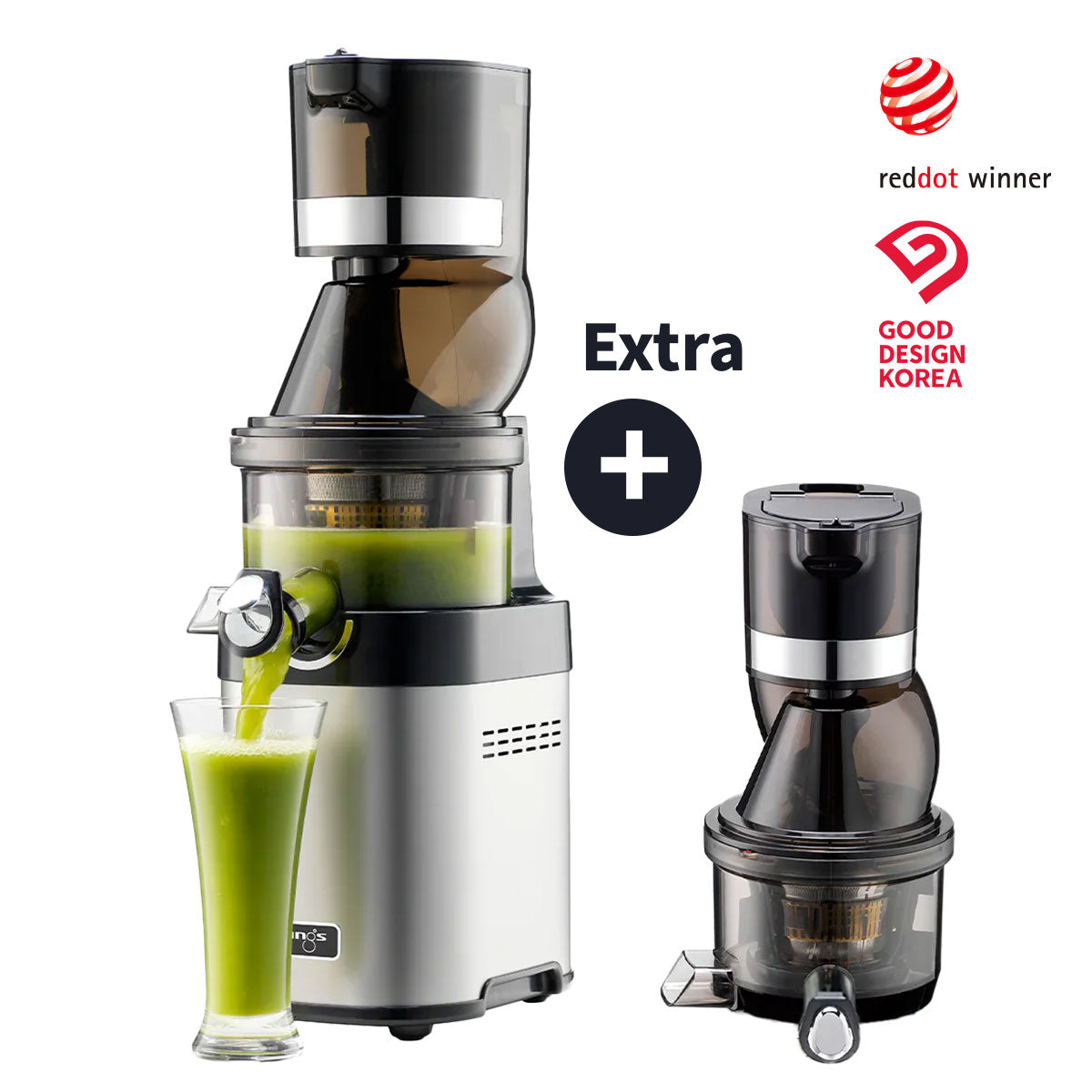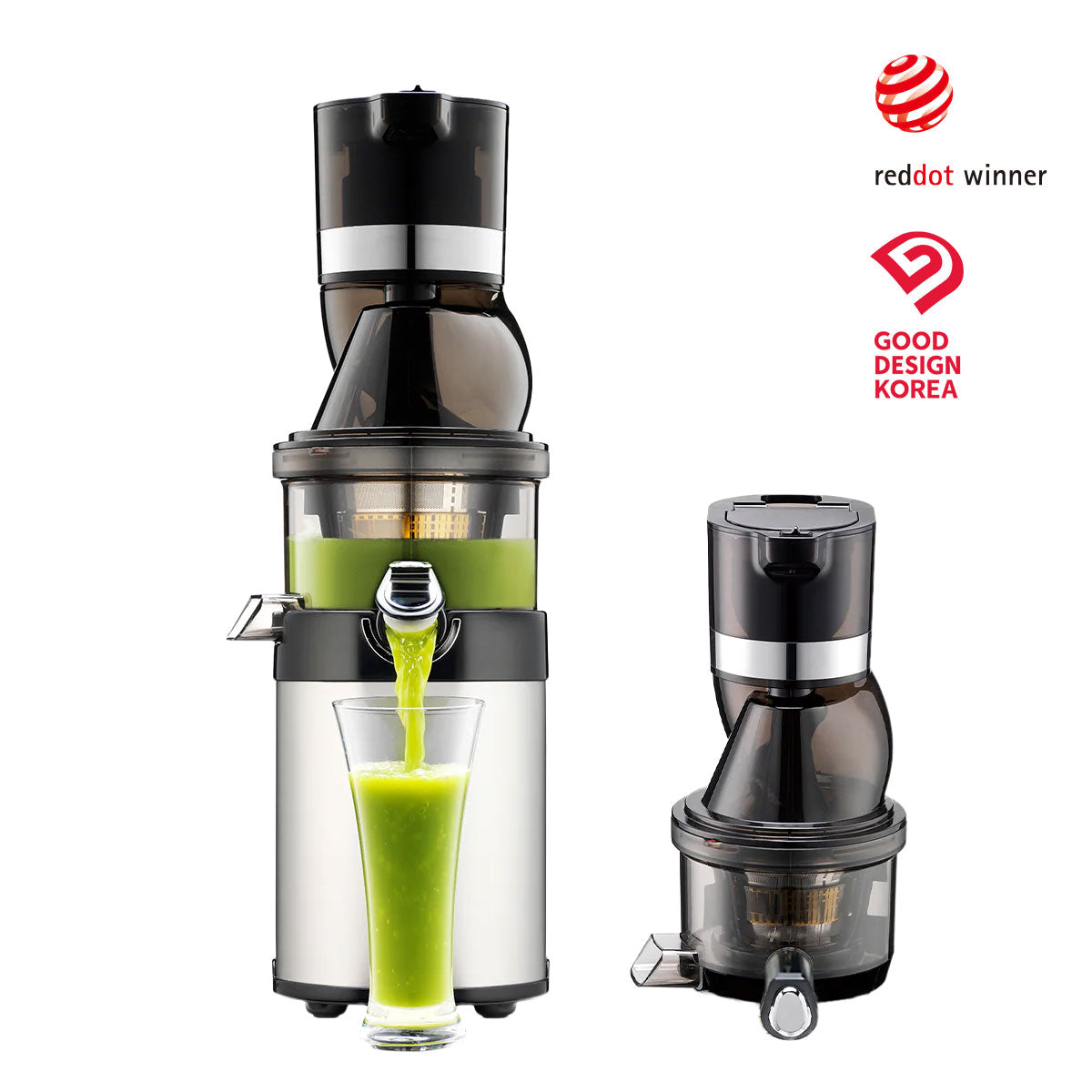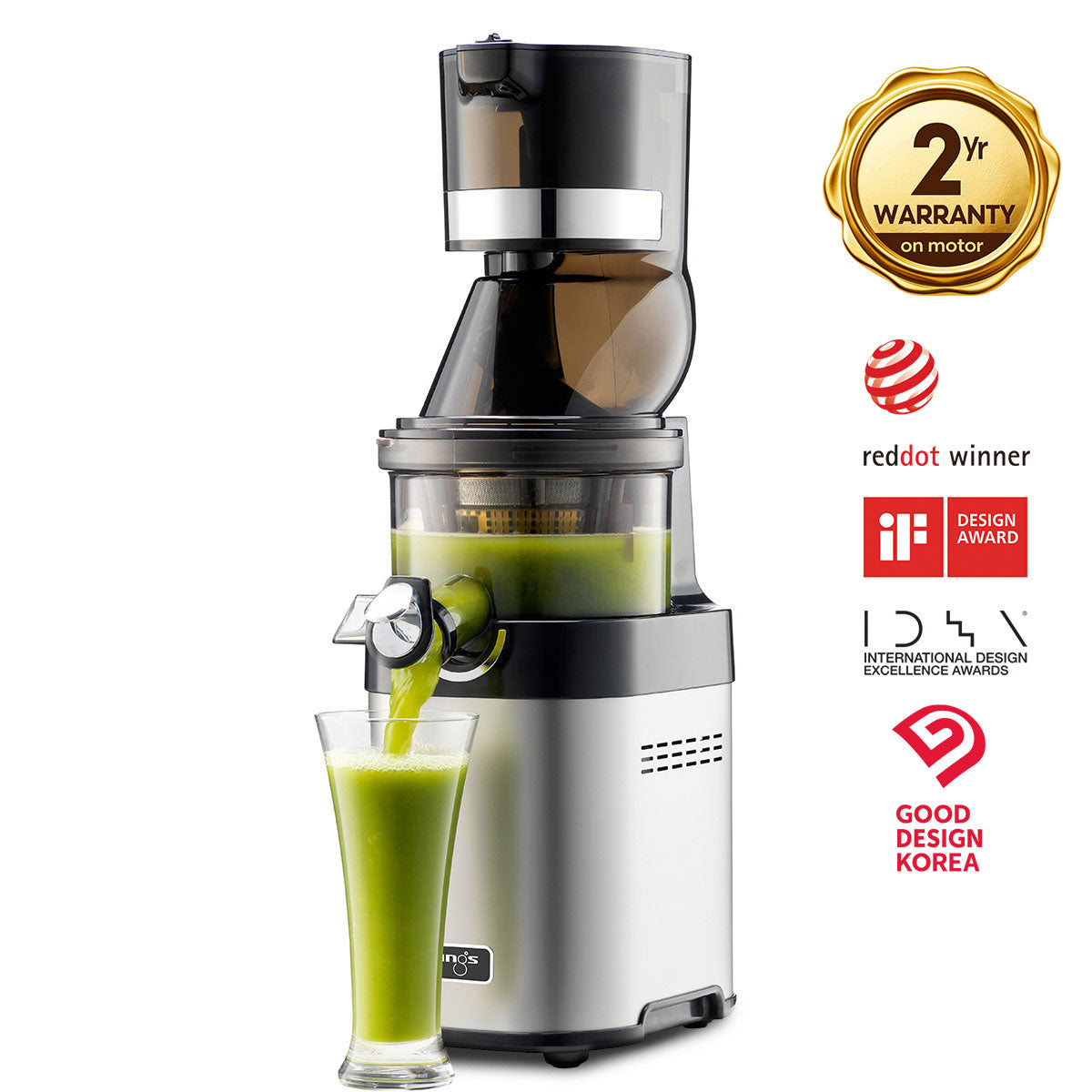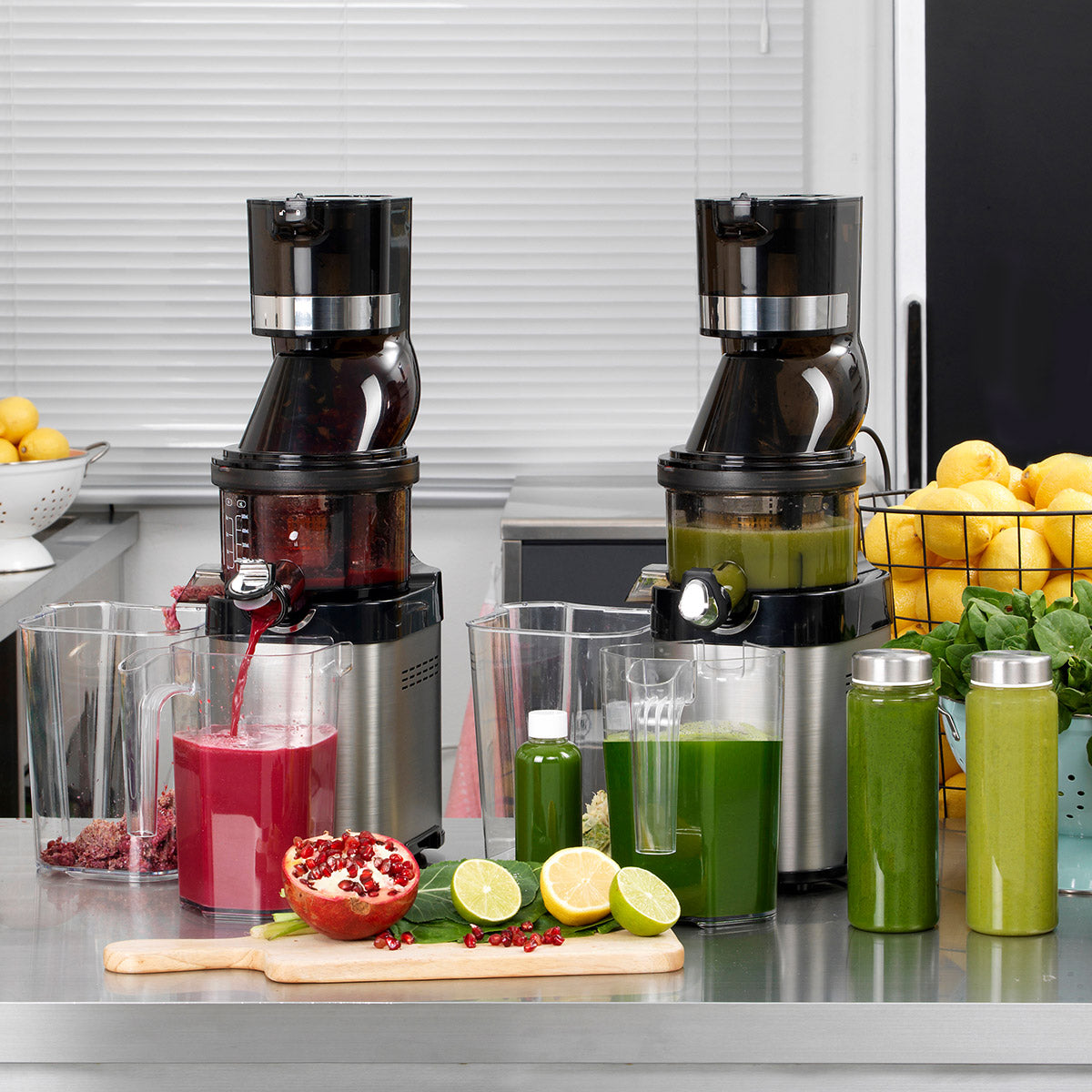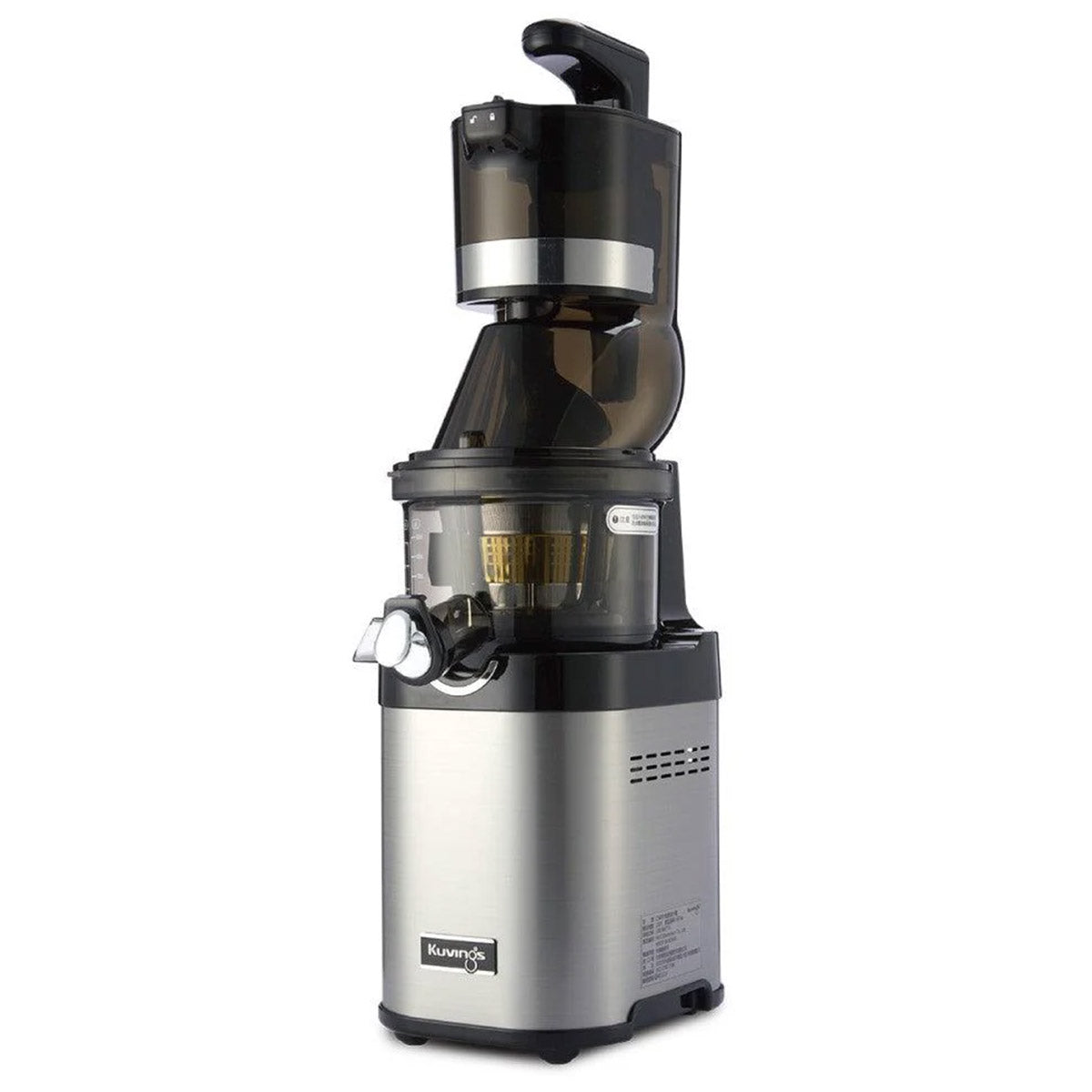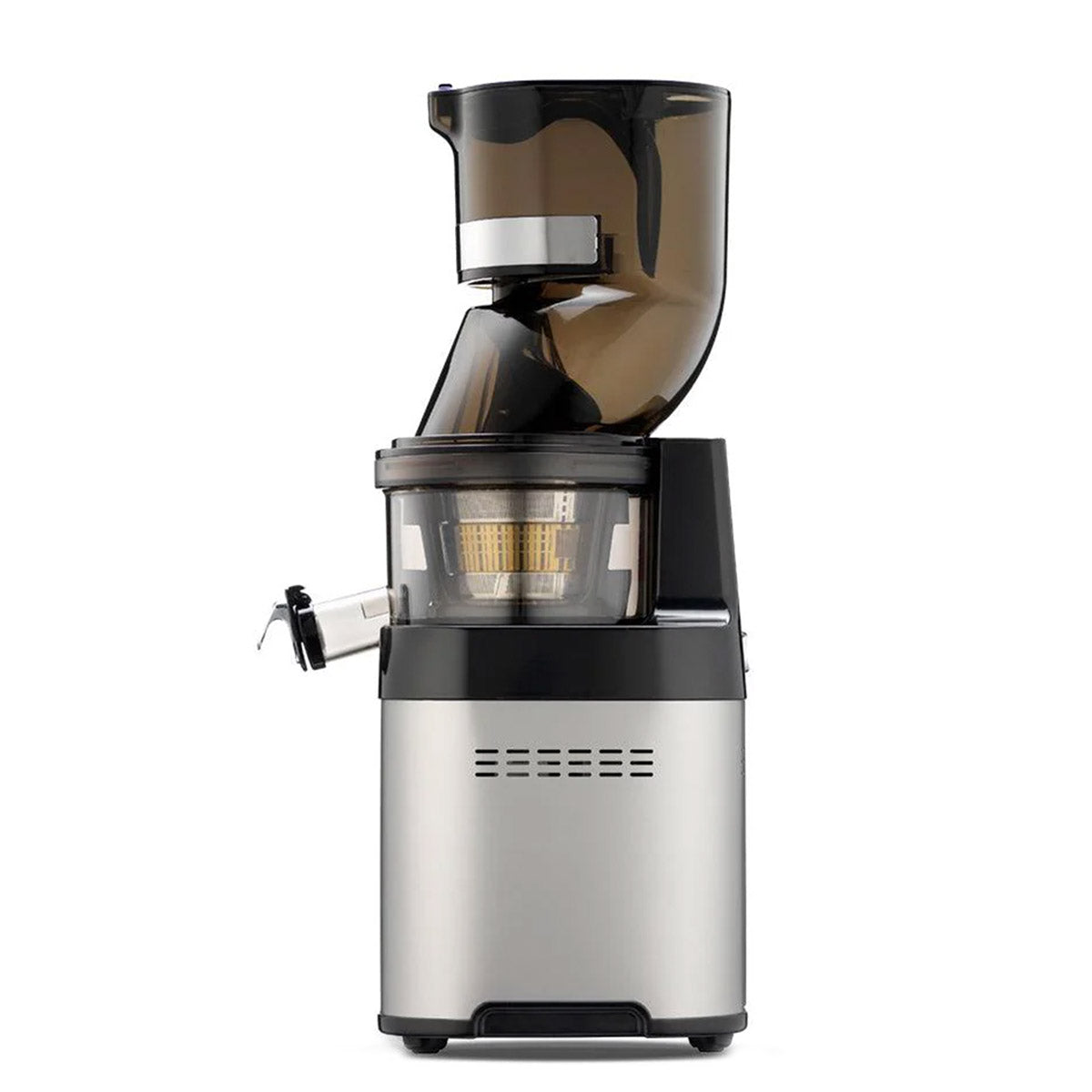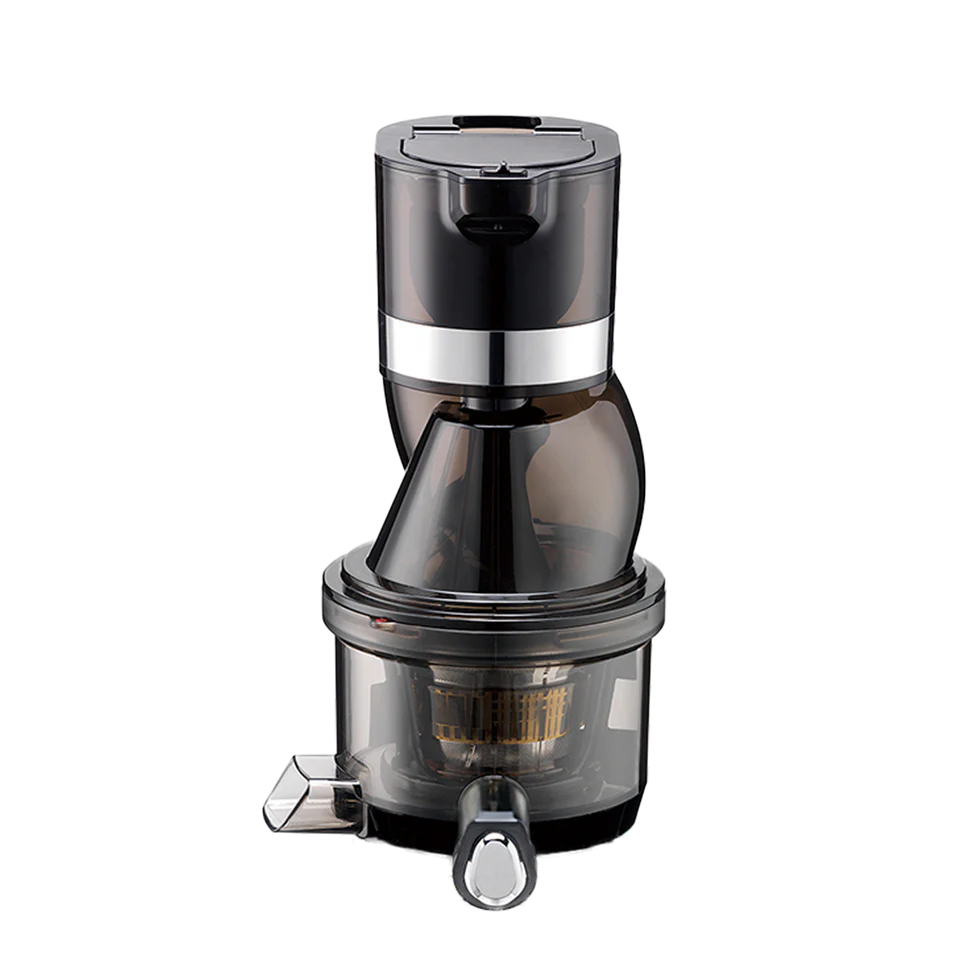WHAT IS MICROBIOME?
Our bodies are made of 40-50 trillion bacteria. A large proportion of these bacteria are located in the gut and are referred to as the gut microbiome. The gut is part of our digestive system which includes the stomach, small intestine and large intestine.
The microbiome is involved in not only regulating the gut but also regulating the metabolism, body weight, immune function, brain function and mood.
WHY IS A GOOD MICROBIOME IS IMPORTANT
1. It may affect weight
- A gut dysbiosis is considered as an imbalance of healthy and unhealthy microbes which may contribute to weight gain.
2. It affects gut health
- A gut dysbiosis makes microbes produce a lot of gas and other chemicals, causing the symptoms of intestinal discomfort.
3. May benefit heart health
- Gut microbiome plays an important role in promoting HDL cholesterol and good level of triglycerides.
4. It may affect brain health
- Gut bacteria are the main producer of serotonin (feel good hormone), and our mental health is directly influenced by the health of our gut.
Consuming yoghurt, enzyme and fermented foods is one of the ways to acquire a good microbiome.
YOGHURT
Yogurt is fermented dairy product containing a variety of probiotic bacteria. It delivers a large number of lactic acid bacteria to the gastrointestinal (GI) tract. This lactic acid functions to modify the intestinal environment and decrease harmful enzymes in the intestine. It is found that yogurt is associated with:
-
Weight loss
-
Reduce risk of type 2 diabetes, metabolic syndrome and heart disease

-
With the Kuvings Probiotic Maker, you can make regular as well as greek yoghurt.
Certain Bifidobacteria and Lactobacilli, which are found in yogurt can help prevent leaky gut syndrome. Leaky gut syndrome is a condition when there is a compromised intestinal barrier which then allows toxins and other undesirables to enter and interfere with absorption of nutrients. Consuming yoghurt will also help increase niacin, riboflavin and folic acid.
FERMENTED FOODS
Fermented foods are foods that have been through a process of lacto-fermentation where natural bacteria feed on the sugar in the food producing lactic acid. Fermentation promotes the growth of beneficial bacteria known as probiotics.
Health benefits of fermented foods:
-
The benefits of fermented foods are noted in many studies pertaining to cancer care. The beneficial bacteria found in fermented foods have been shown to suppress colon cancer and may also inhibit breast, liver and small intestine cancer.
-
Improve digestive health
-
The probiotics produced during fermentation can help restore the balance of beneficial bacteria in the gut and may alleviate some digestive problems.
-
May lessen the severity of diarrhea, bloating, gas, and constipation.
-
-
Boost immune system
-
Fermented foods are rich in vitamin C, iron, and zinc which are associated with a stronger immune system.
-
Probiotics help to reduce the likelihood to get common cold and consuming fermented foods help to recover faster from sickness.
-
ENZYMES
These enzymes reside in raw food (not cooked or processed). Food enzymes aid in the digestion and assimilation of the food’s nutrients. Cooking or processing the foods will kill most of the natural enzymes. That is why it is best to consume fruits and veggies in raw form to get most of the nutrients and benefits.

A variety of fruit wins and pickles that you can make with the Kuvings Probiotic Maker.
The main functions of drinkable fruit based probiotic enzyme include:
-
Maintain a high alkaline blood pH
-
Boost immune system
-
Aid in digestive health and relieve constipation
-
Act as an antioxidant- protect body cells from oxidation by neutralising free radicals
-
Lowering cholesterol level


![[NEW] REVO830 Whole Slow Juicer "The Dark Knight" - Kuvings.my](http://kuvings.my/cdn/shop/files/REVO830_multi-function.webp?v=1770275014&width=1200)
![[NEW] REVO830 Whole Slow Juicer "The Dark Knight" - Kuvings.my](http://kuvings.my/cdn/shop/files/contents_compare_01_360x_677de4d1-1209-4ada-b8e3-d1445cee5e84.webp?crop=region&crop_height=360&crop_left=0&crop_top=0&crop_width=360&v=1770275014&width=360)
![[NEW] REVO830 Whole Slow Juicer "The Dark Knight" - Kuvings.my](http://kuvings.my/cdn/shop/files/cold-press-juice_00.jpg?v=1770275014&width=1200)
![[NEW] REVO830 Whole Slow Juicer "The Dark Knight" - Kuvings.my](http://kuvings.my/cdn/shop/files/sub_buying-guide_05_9f06c62f-683c-4247-8c93-efb0111660e5.jpg?crop=region&crop_height=920&crop_left=15&crop_top=0&crop_width=920&v=1770275014&width=950)
![[NEW] REVO830 Whole Slow Juicer "The Dark Knight" - Kuvings.my](http://kuvings.my/cdn/shop/files/IndyBest_banner.jpg?v=1770275014&width=1080)
![[NEW] REVO830 Whole Slow Juicer "The Dark Knight" - Kuvings.my](http://kuvings.my/cdn/shop/files/REVO830_1080x1080_773ec9d9-75c2-495e-b256-6d01ef58ba78.jpg?v=1770275014&width=1080)
![[NEW] REVO830 Whole Slow Juicer "The Dark Knight" - Kuvings.my](http://kuvings.my/cdn/shop/files/EVO820REVO830_1080x1080-_1.jpg?v=1770275014&width=1080)
![[NEW] REVO830 Whole Slow Juicer "The Dark Knight" - Kuvings.my](http://kuvings.my/cdn/shop/files/2022_revo-und-evo_02.jpg?v=1770275014&width=1000)
![[NEW] REVO830 Whole Slow Juicer "The Dark Knight" - Kuvings.my](http://kuvings.my/cdn/shop/files/REVO830_01_540x_636872b5-787d-48dc-a4f6-0d006b49a63f.webp?v=1770275014&width=540)
![[NEW] REVO830 Whole Slow Juicer "The Dark Knight" - Kuvings.my](http://kuvings.my/cdn/shop/files/shopping.webp?v=1770275014&width=600)
![[NEW] REVO830 Whole Slow Juicer "The Dark Knight" - Kuvings.my](http://kuvings.my/cdn/shop/files/2L9A7313-e1690867035583-700x751.jpg?crop=region&crop_height=700&crop_left=0&crop_top=0&crop_width=700&v=1770275014&width=700)
![[NEW] REVO830 Whole Slow Juicer "The Dark Knight" - Kuvings.my](http://kuvings.my/cdn/shop/files/kuvings-whole-slow-juicer-revo830-black-revo830b_main_kitchen_innovation_1667x_64f4e0fc-2684-4f8f-af3b-8aeb0a3cca04.webp?v=1770275014&width=1000)
![[NEW] REVO830 Whole Slow Juicer "The Dark Knight" - Kuvings.my](http://kuvings.my/cdn/shop/files/SNS-REVO830-Lifestyle-62-1-1-Revised0.jpg?v=1770275014&width=990)
![[NEW] REVO830 Whole Slow Juicer "The Dark Knight" - Kuvings.my](http://kuvings.my/cdn/shop/files/REVO830-wholeslowjuicer-coldpress3.webp?v=1770275014&width=900)
![[NEW] REVO830 Whole Slow Juicer "The Dark Knight" - Kuvings.my](http://kuvings.my/cdn/shop/files/3_bf54f2a4-1c87-4015-94d7-3b7e7de053f6.png?crop=region&crop_height=461&crop_left=0&crop_top=0&crop_width=461&v=1770275014&width=461)














